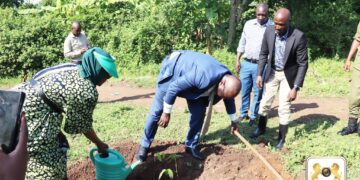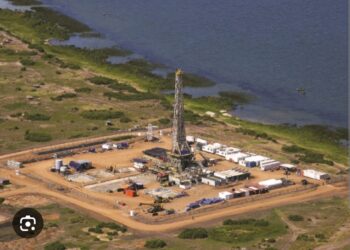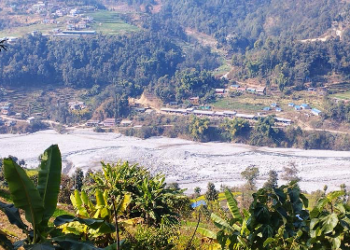OPINION
As global leaders prepare to convene for COP30, a glaring contradiction in Uganda’s climate strategy demands urgent attention. On one hand, Uganda has committed through its Nationally Determined Contribution (NDC 2.0) to cut national emissions nearly 24.7% by 2030 a commendable goal that signals a recognition of the global climate crisis. On the other hand, the nation is actively pursuing the development of massive oil fields and the East African Crude Oil Pipeline (EACOP), a project that fundamentally undermines its own climate pledges and risks locking the country into a fossil fuel-dependent future.
This divergence between stated climate ambition and actual development strategy represents a critical failure to align short-term economic goals with long-term climate survival. The science is clear, to limit global warming to 1.5 degrees Celsius, the world must rapidly transition away from new fossil fuel projects.
The EACOP, with its significant associated emissions potential and decades-long operational lifespan, directly conflicts with this necessity.
The argument for the pipeline often centers on economic development and energy access for the region. However, these benefits are short-sighted and dangerous. The global transition to clean energy is accelerating, and the long-term viability of new, large-scale fossil fuel infrastructure is increasingly uncertain in a carbon-constrained world. Relying on an oil pipeline as a cornerstone of national development is a risky bet, potentially leading to stranded assets in the future.
A genuine energy transition for Uganda means investing in the nation’s vast, untapped renewable potential. The country is blessed with abundant solar, hydro, and geothermal resources, which could provide a sustainable, long-term pathway to energy security and economic prosperity. Redirecting the capital and political will currently dedicated to the EACOP towards these renewable energy sources would not only align Uganda with its international climate commitments but also position it as a leader in Africa’s green energy revolution.
At COP30, the international community must hold governments like Uganda accountable for these conflicting agendas. Climate action requires coherence and integrity.
We cannot afford to celebrate emission reduction pledges while simultaneously sanctioning projects that guarantee an increase in fossil fuel production. Real climate leadership means making the difficult choices now to secure a livable future, prioritizing sustainable investment over new oil.
Uganda must choose between a climate-resilient future and a carbon-intensive past; it cannot have both.
By Doreen Asasira, an environmentalist








































